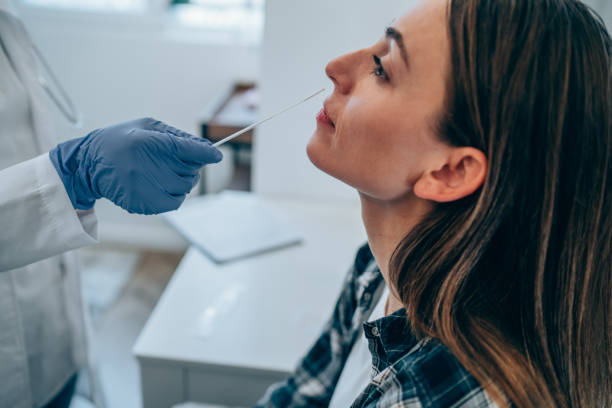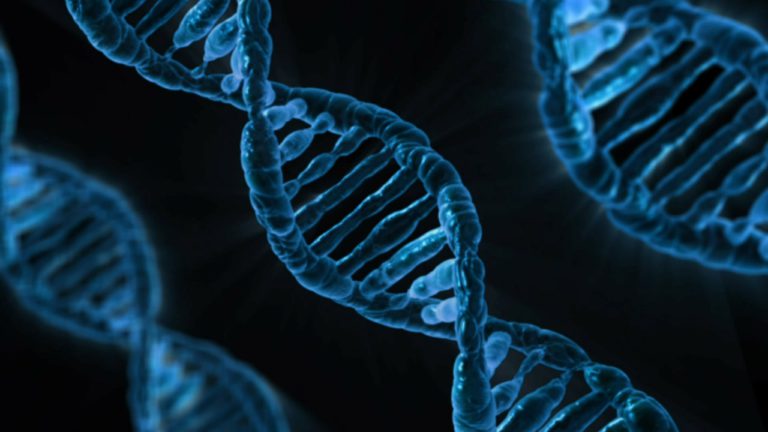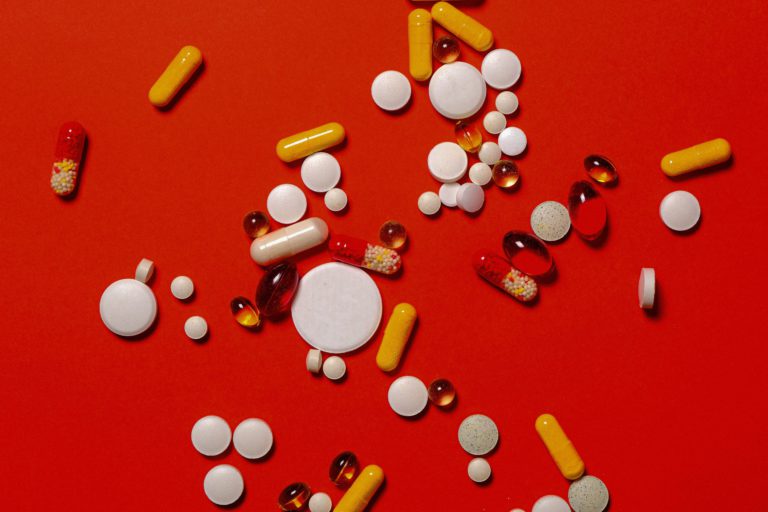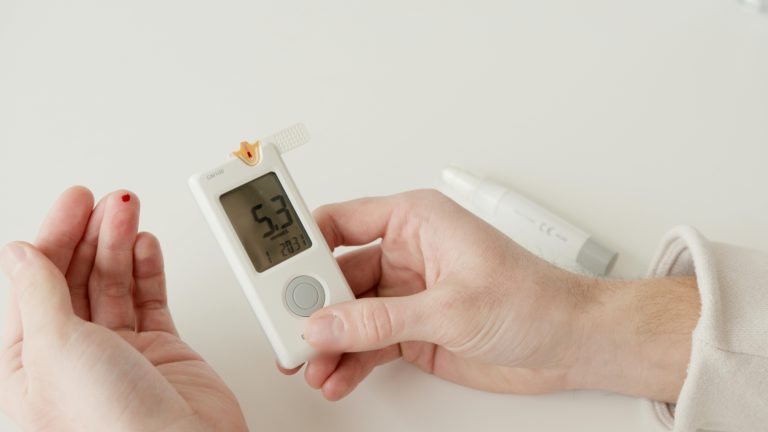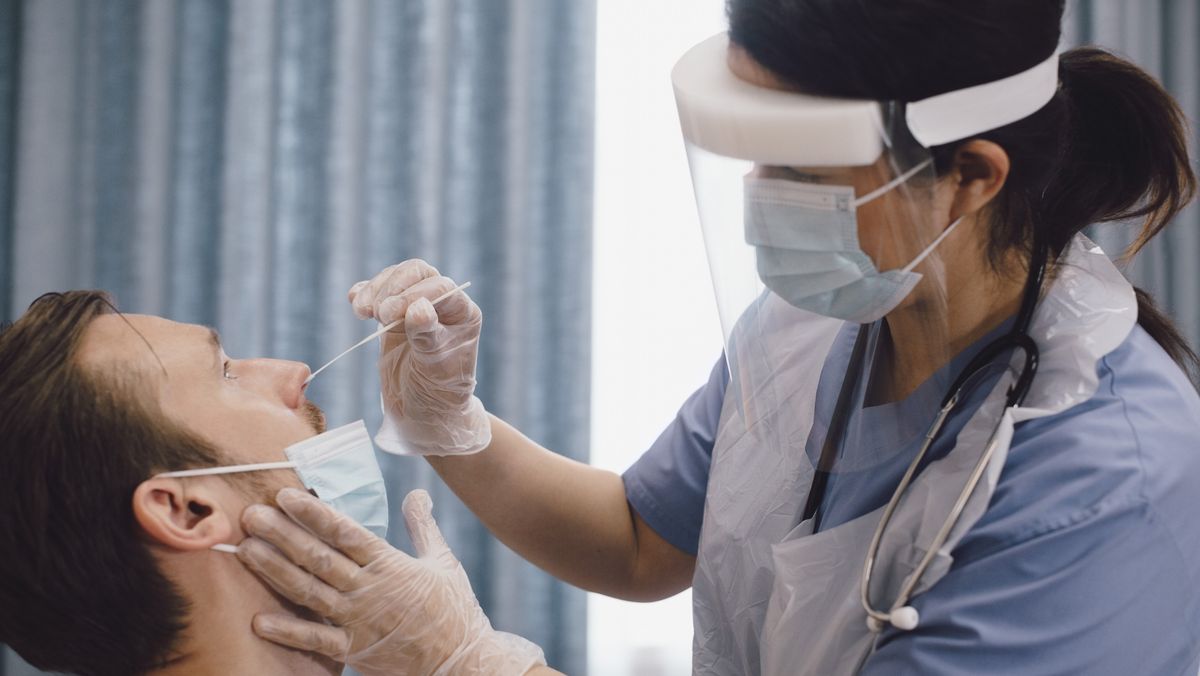
The COVID-19 pandemic has drastically changed our lives, and testing has become an essential part of managing the spread of the virus. One of the most common testing methods is the nose swab test, also known as the nasopharyngeal swab test. However, many people have concerns about the discomfort or pain associated with this type of test. In this article, we will explore the question, “Does the nose swab COVID test hurt?” and provide you with all the necessary information to ease your worries.
What is A Nose Swab COVID Test?
A nose swab COVID test is a diagnostic procedure used to detect the presence of the SARS-CoV-2 virus, which causes COVID-19. It involves collecting a sample from the back of the nasal cavity using a long, flexible swab. The sample is then sent to a laboratory for analysis.
Purpose of Nose Swab Tests
Nose swab COVID tests, also known as nasopharyngeal swab tests, are conducted to determine the presence of the SARS-CoV-2 virus in an individual’s respiratory system. By collecting a sample from the back of the nasal cavity, these tests help healthcare professionals identify active infections and make informed decisions regarding treatment and containment.
Where To Get Tested?
Say Goodbye To Waiting Rooms And Long Lines. Speedy Sticks offers at-home testing
Types of Nose Swab Tests
There are primarily two types of nose swab tests:
- Molecular (PCR) tests and
- Antigen tests
Molecular tests, such as the RT-PCR test, detect the genetic material of the virus and are considered highly accurate.
Antigen tests, on the other hand, identify specific proteins on the virus’s surface and provide quicker results but with a slightly lower accuracy rate.
The Procedure: Step by Step
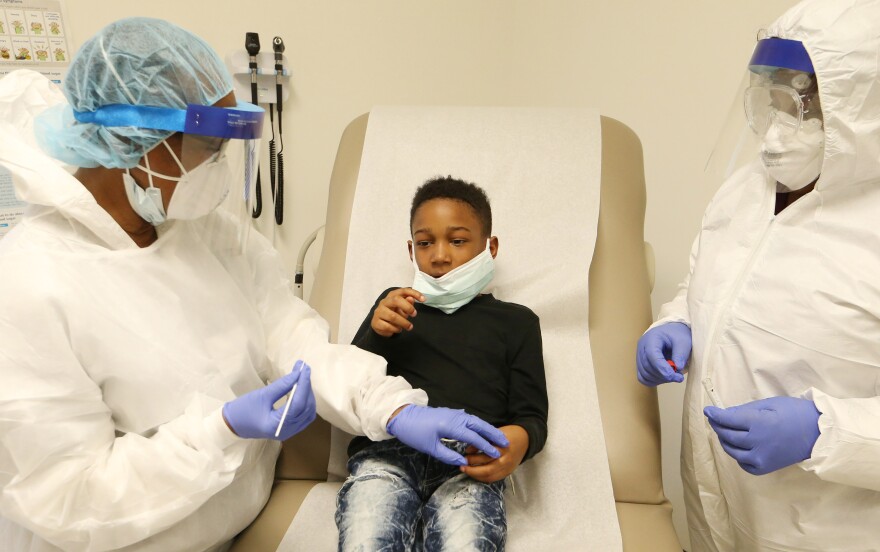
Preparing for the Test
Before undergoing a nose swab COVID test, it is essential to follow any instructions provided by the testing facility or healthcare provider. These instructions may include:
- Guidelines on fasting
- Discontinuing certain medications or
- Refraining from nasal sprays or decongestants that could affect the test’s accuracy
Administering the Test
During the test, a healthcare professional will gently insert a long, thin swab into your nasal cavity. The swab will be inserted into the back of your nose, where it collects a sample from the nasopharynx. The procedure is relatively quick and typically takes only a few seconds.
Potential Discomfort
While some individuals may experience minimal discomfort during a nose swab COVID test, it is important to note that the procedure is generally well-tolerated. You may feel a temporary sensation of pressure, tickling, or the urge to sneeze. Rest assured that any discomfort is typically short-lived, lasting only for the duration of the test.
Is a Nose Swab COVID Test Painful?
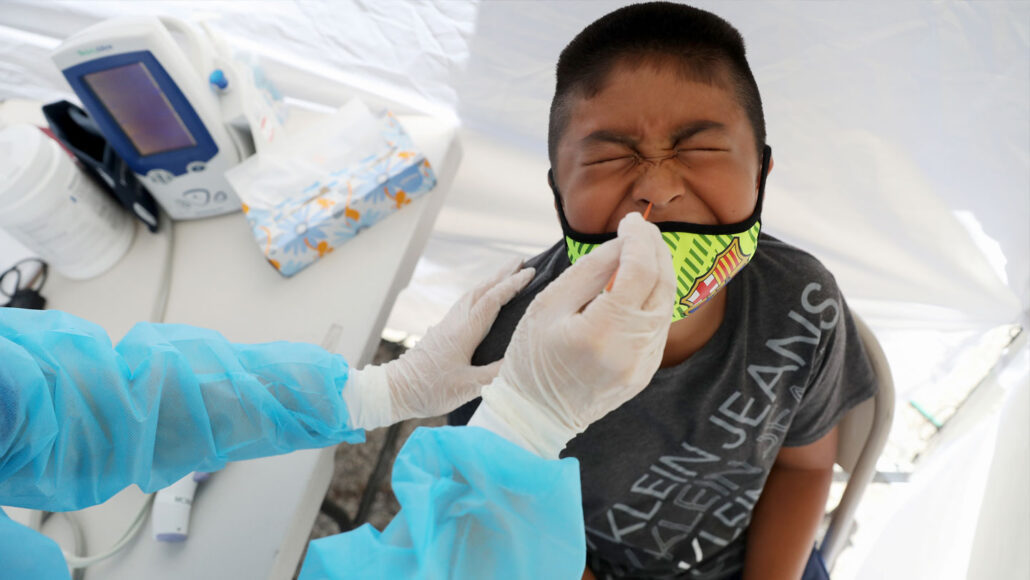
The level of discomfort experienced during a nose swab COVID test can vary from person to person. Some individuals may only feel mild pressure or tickling sensations, while others may experience temporary discomfort or a brief stinging sensation. However, it’s important to note that the test itself is relatively quick, lasting only a few seconds.
Debunking Myths: Is it Really Painful?
Myth #1: The Swab Will Touch My Brain
One common misconception surrounding nose swab COVID tests is that the swab will touch the brain. However, this is far from the truth. The swab is inserted into the nasopharynx, which is located at the upper part of the throat behind the nose. It does not reach the brain, ensuring the procedure remains safe and pain-free.
Myth #2: It Will Be Extremely Painful
Contrary to popular belief, nose swab COVID tests are not extremely painful. While the sensation may be slightly uncomfortable, it is generally short-lived and well-tolerated by most individuals. The healthcare professionals administering the test are trained to minimize any potential discomfort and ensure a smooth testing experience.
Myth #3: There Are No Alternatives
Some individuals may be hesitant to undergo nose swab COVID tests due to discomfort concerns. However, it is important to note that alternative testing methods, such as saliva or throat swabs, are available in certain cases. These alternative options may be discussed with your healthcare provider, considering factors such as test accuracy and individual circumstances.
The Importance of Nose Swab Tests

Early Detection and Containment
Nose swab COVID tests play a crucial role in the early detection of the virus. By identifying infected individuals, healthcare professionals can initiate prompt isolation and contact tracing measures, effectively containing the spread of the virus within communities.
Monitoring the Spread of Variants
Another vital aspect of nose swab COVID testing is the monitoring of virus variants. These tests allow researchers and health agencies to identify and track new variants, enabling them to assess their prevalence and potential impact on public health. This data assists in the development of targeted strategies and measures to mitigate the spread of new variants.
Tips for a Comfortable Test Experience
Relaxation Techniques
To ensure a comfortable test experience, practicing relaxation techniques can be helpful. Deep breathing exercises, focusing on calming thoughts, or listening to soothing music before the test can alleviate anxiety and enhance overall relaxation.
Say Goodbye To Waiting Rooms And Long Lines. Speedy Sticks offers at-home testing
Communication with Healthcare Providers
Openly communicating any concerns or apprehensions with the healthcare provider conducting the test is crucial. They can provide reassurance, address any questions you may have, and adjust their approach to make the experience as comfortable as possible.
Nasal Care After the Test
After the test, it is recommended to gently clean the inside of your nostrils with a saline solution or a saline nasal spray. This can help alleviate any minor discomfort and keep your nasal passages moisturized.
Alternatives To The Nose Swab Test
If the thought of a nose swab COVID test is too daunting for you, there are alternative testing methods available. These include:
Saliva Tests: Saliva-based tests involve providing a sample of your saliva instead of a swab They are less invasive and can be self-administered under supervision
Antigen Tests: Antigen tests are rapid diagnostic tests that detect specific proteins from the SARS-CoV-2 virus. They are less sensitive than PCR tests but can provide quick results.
It’s important to consult with healthcare professionals or testing centers to determine which testing method is most suitable for your needs.
Are Home-based Nose Swab Tests Accurate?
Home-based nose swab tests can provide accurate results when used correctly and according to the manufacturer’s instructions. However, it is important to note that professional testing conducted by healthcare providers may offer more reliable and accurate results.
Say Goodbye To Waiting Rooms And Long Lines. Speedy Sticks offers at-home testing
Are There Any Side Effects of A Nose Swab COVID Test?
No, there are no significant side effects associated with a nose swab COVID test. Some individuals may experience mild discomfort or temporary nasal irritation, but these effects typically subside quickly.
How Long Does A Nose Swab COVID Test Take?
The actual swabbing process takes only a few seconds. However, the overall duration may vary depending on the testing facility and the number of people being tested.
Can I Administer A Nose Swab Test on My Own?
Nose swab COVID tests are usually performed by healthcare professionals or trained personnel. It is recommended to have the test administered by an experienced individual to ensure accuracy and safety.
Are There Any Age Restrictions For A Nose Swab COVID Test?
Nose swab tests can be performed on individuals of all ages, including infants and older adults. However, specific testing protocols may vary depending on the age group.
How Long Does It Take To Receive The Test Results?
The turnaround time for test results can vary depending on the testing facility and the volume of tests being processed. In some cases, results may be available within a few hours, while in others, it may take a couple of days.
Conclusion
While a nose swab COVID test may cause some discomfort or mild sensations, it is generally not considered painful. The procedure is swift, and the discomfort is temporary. Remember that the purpose of testing is to ensure the health and safety of individuals and communities. If you have concerns or anxieties about the test, communicate with the healthcare professional conducting the procedure. They can address your concerns and provide guidance throughout the process.



